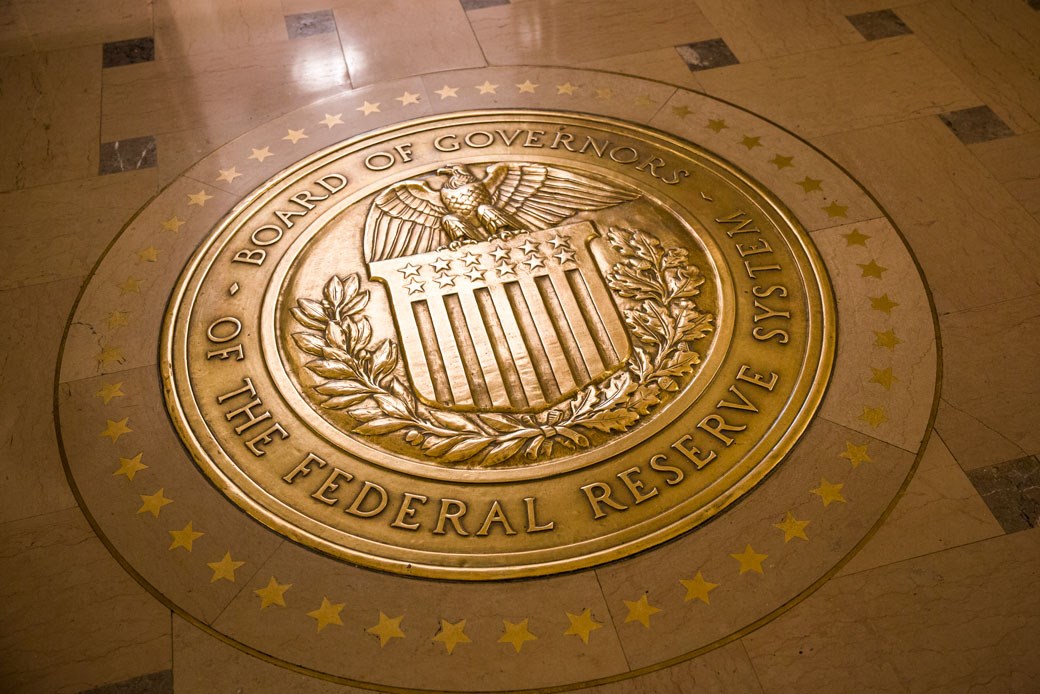Inflation could become rooted in US economy
Inflation in the US continues to increase as the Feds have increased their target interest rate by 0.75% points and are likely to do so again before July 27.
-

Highest increase to the targeted interest rate since 1994
High inflation could become rooted in the US economy according to the Federal Reserve. As a result, the latter might be forced to push interest rates higher than expected in an attempt to manage the risk, according to meeting minutes of a policy meeting conducted on June 15th.
The released minutes of the meeting state that top officials "concurred that the economic outlook warranted moving to a restrictive stance," adding that "they recognized the possibility that an even more restrictive stance could be appropriate if elevated inflation pressures were to persist."
Fed officials agreed to increase their target interest rate by 0.75% points. This would mark the highest increase since 1994, and a similar increase that exceeds half a point is also likely to follow the currently announced augmented rate. This second increase is set to take place prior to the Federal Open Market Committee meeting on July 27.
Numerous officials "raised the concern that longer-run inflation expectations could be beginning to drift up to levels" that are at odds with the Fed's objectives.
If the public started to doubt the resolve of the Fed, many believed there was a "significant risk" that elevated inflation could become entrenched.
Read more: Democrats frustrated with Biden's ineffective leadership, management
From a risk management viewpoint, they determined that higher rates "would be appropriate," as they would put the Fed "in a better position to implement more restrictive policy if inflation came in higher than expected."
Additionally, the officials emphasized that in order to restore pricing stability, "clear and effective communications" as well as increased rates "would be required." That explains the leaders' repeated remarks and interviews in recent weeks emphasizing their determination to get inflation under control.
In more simple terms, the Fed leaders believed that their job is not just to slow demand in the economy, but also to strengthen the public’s trust in the central bank because if people lose trust in the government’s capacity to keep inflation under control, the Feds will not be able to impose further increases in case the crisis develops unexpectedly.
The economic outlook of the officials was relatively disconsolate. Their assessment shows economic activity on a downwards slope while inflation is on an upwards slope.
Policymakers "saw little evidence to date of substantial improvement in supply constraints," and some judged their economic effects "were likely to persist for longer" than expected.
Due to increasing mortgage rates, according to two officials, housing activity has started to clearly slowdown in their regions.
Read more: US severe recession may be unavoidable

 3 Min Read
3 Min Read








